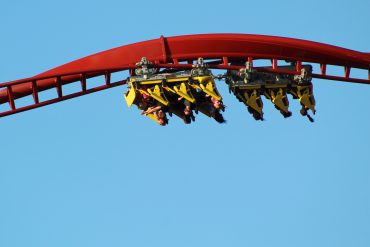
A program for students to learn about helping their friends when times are tough.
A mental health and well-being survey conducted by Counselling and Psychological Services, or CAPS at the University of Sydney in 2012 found that most students turned to their family and friends for help if they experience emotional difficulties. Research also indicates that peers lack effective helping skills to support a friend in need. With the goal of developing a resilient campus community, a five-session training program and student group named Sidekicks was launched in 2013.
The Sidekicks program aims to increase understanding of how emotional difficulties are potentially maintained and resolved through styles of coping such as use of experiential avoidance and psychological flexibility, as per Acceptance and Mindfulness approaches to mental health. In addition, students are trained to respond to the emotional difficulties of others with empathic listening, acceptance of the internal experiences of themselves and those going through emotional difficulty, communicating a validation of internal experiences, as well as referral to health professionals where necessary. After completing the course, students graduate to become a full-fledged Sidekick (student well-being mentor) and can be involved in regular meet-ups and community events around campus.
At a broader level, programs such as Sidekicks may set up a system of social capital in peer groups within the university community. Social capital has been defined as the collective value that results from a web of cooperative relationships between individuals who mutually help to facilitate the resolution of problems (Coleman, 1990). Participation in training like Sidekicks may establish an environment of mutual benefit for the helper and helped. That is, one may feel a sense of value for providing a civic duty of helping others skillfully, and doing so may set up a norm of reciprocity within that peer group. Evaluation of the Sidekicks program indicates its effectiveness in both improving confidence to help others in emotional distress, and providing a framework for reducing stigma around seeking professional help for emotional difficulties.
While the transition from adolescence to adulthood may at times be turbulent, destabilising and alienating, the preliminary data from the Sidekicks program suggests that interventions promoting the psychosocial skills of young people can go beyond the individual in distress. Rather, interventions can help to foster effective response skills of those who are turned to most frequently for assistance: the peer group. If the university student community engages with such training, there is the potential for two beneficial outcomes among students: more effective responses from peers to periods of personal destabilisation and the development of a more integrated student who can take away lifelong skills in perspective taking and empathic communication.
This piece was written by Dr Philomena Renner, Head of CAPS (Counselling and Psychological Services). More details can be found on the Sidekicks webpages.




